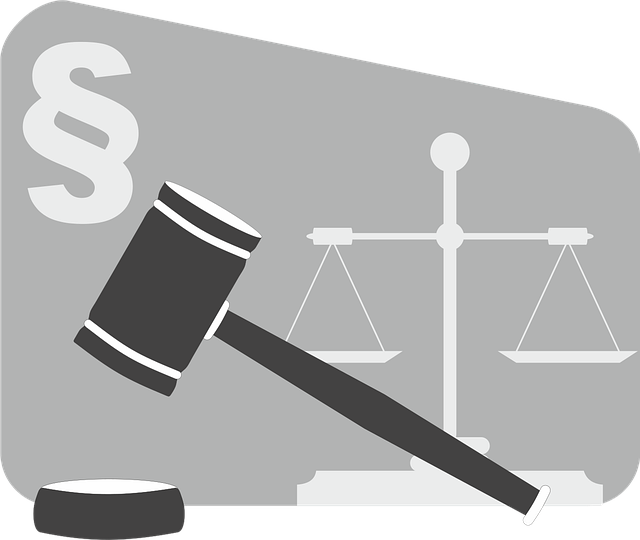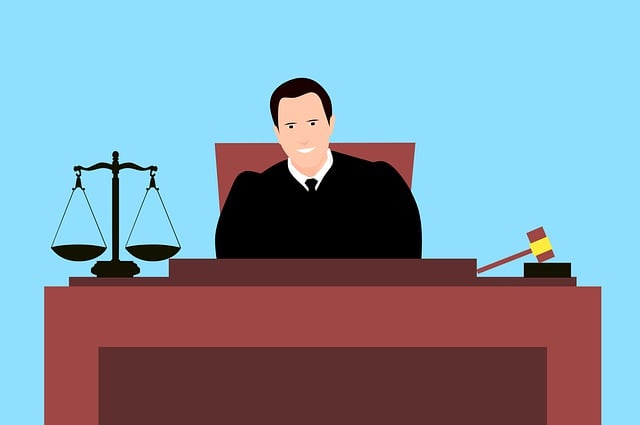Regulatory compliance is vital for businesses to protect consumers, investors, and the environment. Adhering to data privacy, financial reporting, product safety, and employment laws builds trust and prevents fines, legal issues, and reputational damage. Proactive measures include staying informed, using experts, and implementing efficient internal controls. Identifying non-compliance issues through audits and staying updated on sector-specific laws is key. Effective risk mitigation involves robust policy tracking systems. Preparing for class action lawsuits requires strategic steps like swift action, gathering documentation, and engaging experienced legal counsel. Joining a class action involves investigating claims, meeting eligibility criteria, providing evidence, and contributing to a strong legal foundation for favorable outcomes.
Regulatory compliance is an essential aspect of business operations, ensuring legal adherence and protecting stakeholders. This article delves into the intricacies of regulatory compliance issues, providing a comprehensive guide for businesses. We explore the basics, including its importance in various industries. Further, we offer practical steps to identify potential non-compliance risks and prepare for class action lawsuits, offering valuable insights on ‘steps to join a class action lawsuit’. Understanding your rights and responsibilities is crucial when navigating the legal process.
- Understanding Regulatory Compliance: Basics and Importance
- Identifying Potential Non-Compliance Issues in Your Industry
- Steps to Prepare for and Participate in a Class Action Lawsuit
- Navigating Legal Process: Rights and Responsibilities of Plaintiffs
Understanding Regulatory Compliance: Basics and Importance

Regulatory compliance is a crucial aspect of any business operation, ensuring that companies adhere to laws and regulations designed to protect consumers, investors, and the environment. It involves understanding and implementing policies related to data privacy, financial reporting, product safety, employment practices, and more. This foundational knowledge is essential for maintaining legal integrity and building trust with stakeholders.
Non-compliance can lead to severe consequences, including hefty fines, legal actions, and damage to reputation. Therefore, businesses must take proactive steps to stay ahead of changing regulations. One such step is staying informed about industry trends and updates through reliable sources. Additionally, employing legal experts or compliance officers who can guide the company through complex regulatory landscapes is vital. Furthermore, adopting an efficient internal control system that facilitates transparency and accountability enhances a company’s ability to meet its regulatory obligations, ensuring it joins the ranks of businesses with an unprecedented track record of achieving extraordinary results, including successful jury trials when necessary.
Identifying Potential Non-Compliance Issues in Your Industry

Identifying potential non-compliance issues in your industry is a proactive step to ensure regulatory adherence and avoid legal pitfalls. These issues can range from data privacy breaches to environmental regulations or even employment practices. Staying ahead of the curve involves conducting thorough internal audits, staying informed about evolving laws and guidelines specific to your sector, and fostering a culture of compliance within the organization. By implementing robust systems for tracking and updating relevant policies, businesses can mitigate risks effectively.
For instance, if your industry deals with consumer data, ensuring compliance with privacy laws is paramount. This might involve adopting stringent data protection measures, obtaining informed consent from users, and providing transparent data handling practices. In cases where non-compliance is evident, affected consumers may have the right to join a class action lawsuit, which could lead to a complete dismissal of all charges against the company, as seen in high-stakes cases involving philanthropic and political communities.
Steps to Prepare for and Participate in a Class Action Lawsuit

Preparing for and participating in a class action lawsuit involves several strategic steps. Firstly, individuals who believe they are affected by the legal issue at hand should conduct thorough research to confirm their eligibility to join the suit. This includes understanding the specific criteria set by the plaintiffs’ attorneys and ensuring that your case aligns with the defined parameters. Once eligibility is confirmed, potential plaintiffs must act swiftly as there are often strict time limits for joining such lawsuits.
To join a class action lawsuit, individuals should gather relevant documentation, such as contracts, correspondence, or financial records, which can serve as evidence to support their claim. Engaging a competent general criminal defense or white-collar defense attorney is crucial in navigating the legal process. The attorney will guide you through each step, from filing the necessary paperwork to participating in jury trials if the case proceeds that far. Their expertise ensures your rights are protected and increases the chances of achieving a favorable outcome.
Navigating Legal Process: Rights and Responsibilities of Plaintiffs

Navigating the legal process in a class-action lawsuit involves understanding both rights and responsibilities for plaintiffs. This collective legal approach empowers individuals to join forces against entities accused of widespread wrongdoing, aiming to achieve justice and compensation on a larger scale than individual cases might permit. The first step for potential plaintiffs is to thoroughly investigate the claim and assess their eligibility to participate in the class action.
This involves understanding the specific criteria set by the lead attorneys and reviewing the general criminal defense aspects of the case. Demonstrating a clear connection to the alleged harm, providing relevant evidence, and adhering to deadlines are crucial responsibilities for plaintiffs aiming to join a class-action lawsuit. By doing so, they contribute to building a strong legal foundation that increases the likelihood of achieving extraordinary results, especially when guided by attorneys with an unprecedented track record in such matters.
Regulatory compliance is an indispensable aspect of any industry, ensuring fairness, safety, and accountability. By understanding the basics, identifying potential issues, and taking proactive measures, businesses can mitigate risks and avoid costly lawsuits. If faced with a class action lawsuit, following the outlined Steps to Join a Class Action Lawsuit is crucial for plaintiffs to protect their rights and navigate the legal process effectively. This comprehensive guide empowers individuals and organizations to stay informed, exercise responsibility, and foster a compliant business environment.






